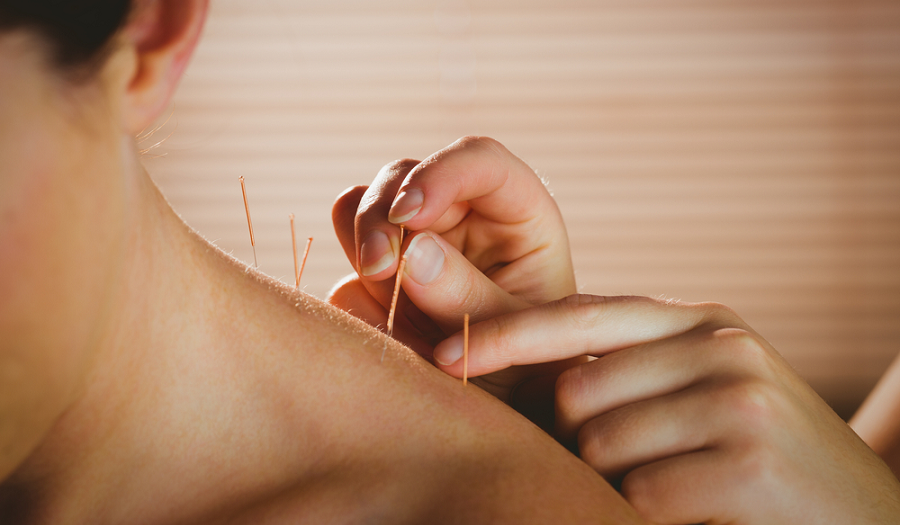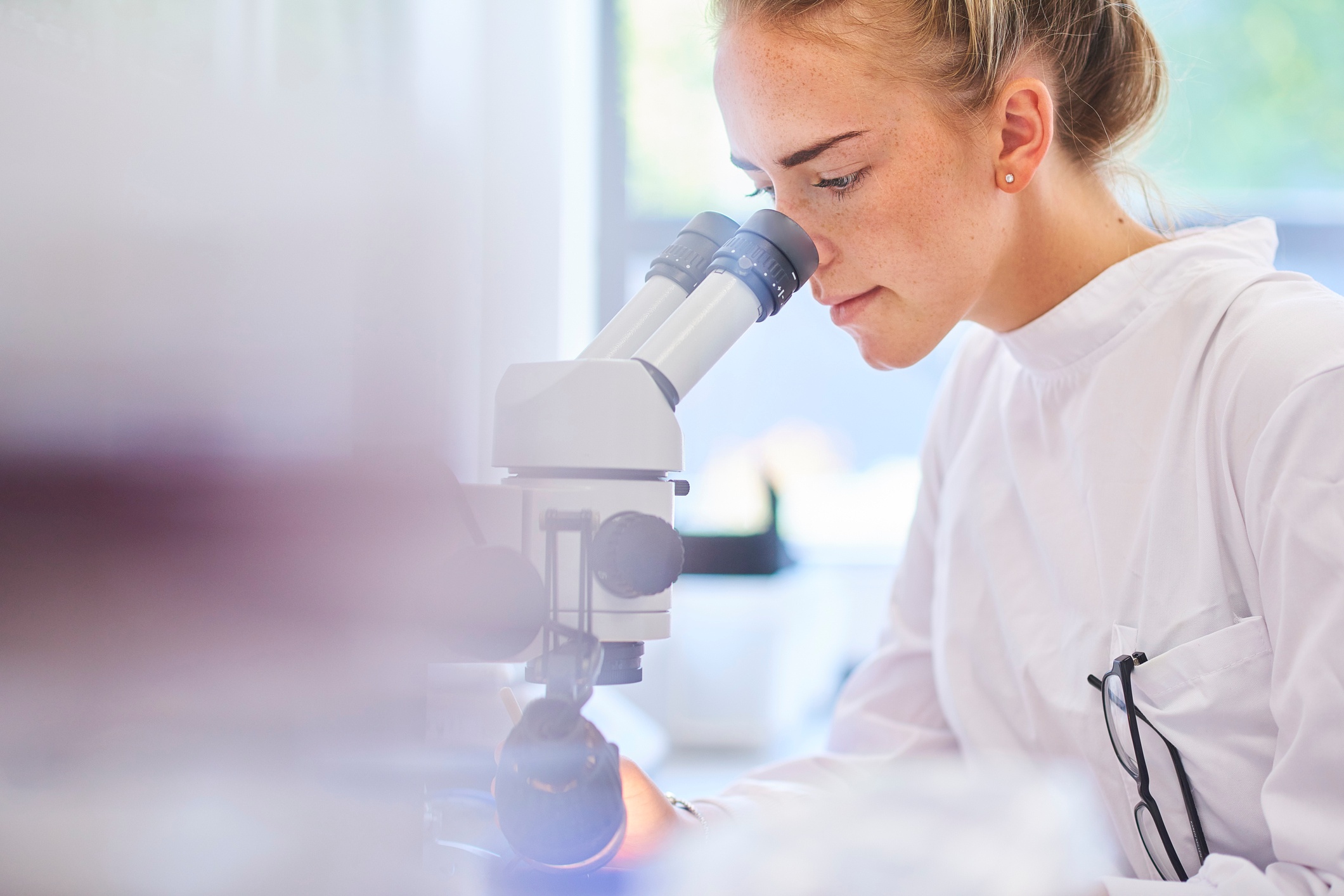To have a successful career in acupuncture, a solid grasp of human anatomy is essential. In addition to palpitation techniques that identify acupuncture points by feeling for landmarks along the body, a western structure perspective of anatomy can significantly help practitioners needle patients more effectively.
NUHS ensures its students have an advanced understanding of anatomy through the use of actual cadavers. In fact, National University is one of the first schools in the world with acupuncture and oriental medicine programs that incorporated the dissection of cadavers for acupuncture point and meridian studies.
Here’s why this type of curriculum will benefit your career as an acupuncturist.
Hands-on experience provides a deeper understanding of anatomy.
Many acupuncture programs provide basic anatomy courses, but there’s only so much students can learn from textbooks or plastic models. As part of a cadaver dissection course, NUHS students benefit from an interactive hands-on learning experience. By dissecting actual cadavers through skin, superficial fascia, muscle and bone, students gain a deeper, more three-dimensional understanding of the human body.
You will be able to more accurately identify acupuncture points.
To ensure the best therapeutic outcome, accurate needle placement is key. Traditional methods for locating acupuncture points typically rely on palpation, which involves feeling for various landmarks along the body. However, this practice can be very subjective and may sometimes lead to a less than accurate needling location. Today, the acupuncture profession is leaning more toward exact point location. This requires an in-depth understanding of the various tissues, structures and nerves in any given part of the body and its relationship to the placement of the needle. By studying at NUHS, you will be able to locate needlepoints using various methods.
This more accurate method is one patients likely prefer too.
You will be able to better visualize where your needle is going.
Practitioners should be able to recognize and visualize the critical anatomical structures underneath acupuncture point locations. Through dissection, students follow point locations through each layer of tissue. This allows students to see various anatomical structures that their acupuncture needle is stimulating along with the depths different tissue can be accessed by the needle. After the course, students often report better point location skills and more confidence when working with actual patients.
You will be able to needle more safely.
When students have a thorough understanding of anatomy through cadaver dissection, they are able to needle safely and securely. In addition to understanding where to needle, students also know where not to needle.
While needling, students may want to avoid one structure while targeting another specific structure in order to avoid damage. This vital skill and knowledge can be only achieved by having both palpation skills and a three-dimensional understanding of the human body through the cadaver dissection. This way, practitioners leave less room for error and in turn achieve better patient outcomes.
You’ll benefit from learning both eastern and western medicine.
Anatomy and cadaver dissection coursework is one way the NUHS acupuncture program combines eastern medicine philosophies with western medicine. In addition to anatomy, NUHS acupuncture students also learn fundamental biomedical science and modern medical diagnostics including coursework in radiology, pathology, physiology, microbiology, and public health. This unique combination allows students to become more well-rounded practitioners who can utilize different aspects of both perspectives in their future practice.
In the job market, superior needling skills can give students a competitive edge to others who may not have had this unique level of training. To learn more about how the NUHS acupuncture program can prepare you for a career in acupuncture, download the acupuncture and oriental medicine career guide.
{{cta(‘b7d331ad-fee8-45d2-9abd-f26523a7e68e’)}}



